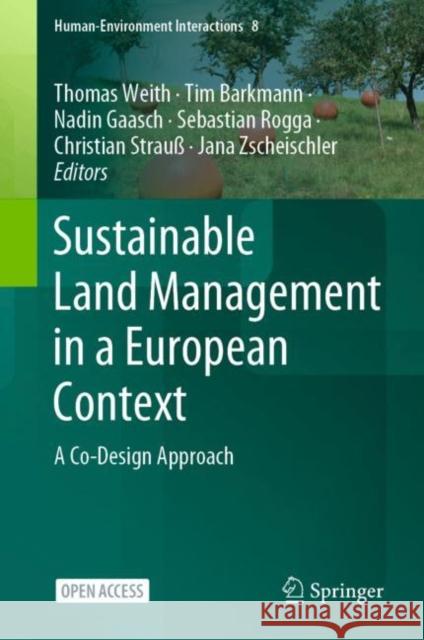Sustainable Land Management in a European Context: A Co-Design Approach » książka
topmenu
Sustainable Land Management in a European Context: A Co-Design Approach
ISBN-13: 9783030508401 / Angielski / Twarda / 2020 / 347 str.
Sustainable Land Management in a European Context: A Co-Design Approach
ISBN-13: 9783030508401 / Angielski / Twarda / 2020 / 347 str.
cena 201,24
(netto: 191,66 VAT: 5%)
Najniższa cena z 30 dni: 192,74
(netto: 191,66 VAT: 5%)
Najniższa cena z 30 dni: 192,74
Termin realizacji zamówienia:
ok. 22 dni roboczych.
ok. 22 dni roboczych.
Darmowa dostawa!
Kategorie BISAC:
Wydawca:
Springer
Seria wydawnicza:
Język:
Angielski
ISBN-13:
9783030508401
Rok wydania:
2020
Wydanie:
2021
Numer serii:
000293125
Ilość stron:
347
Oprawa:
Twarda
Wolumenów:
01











